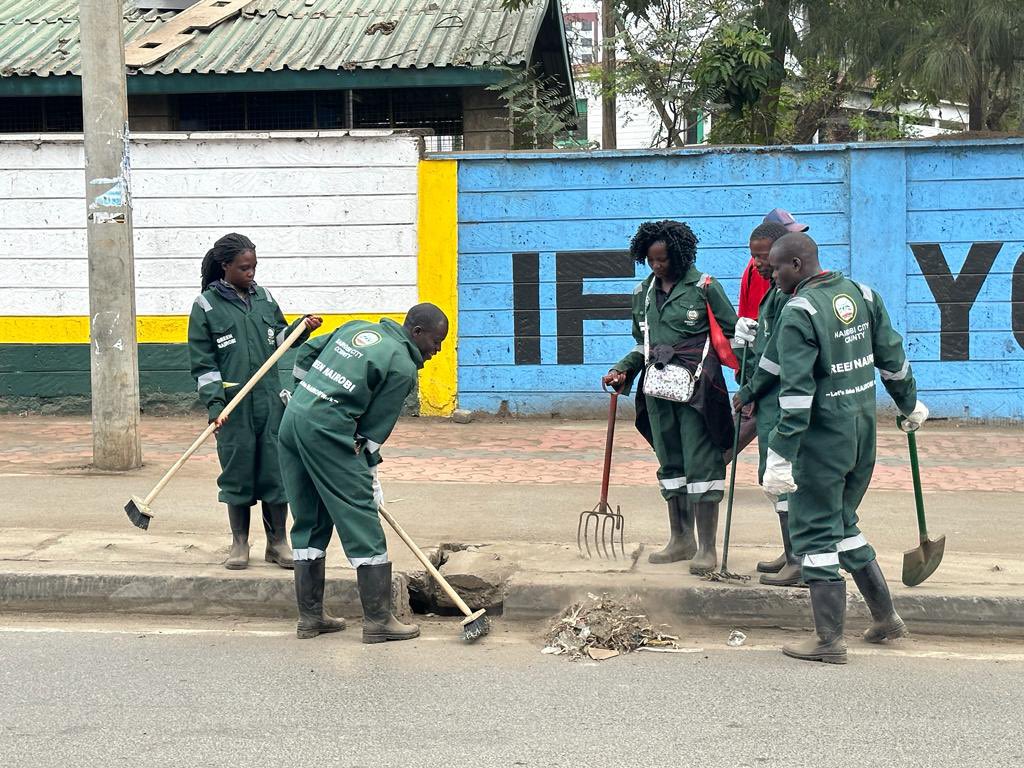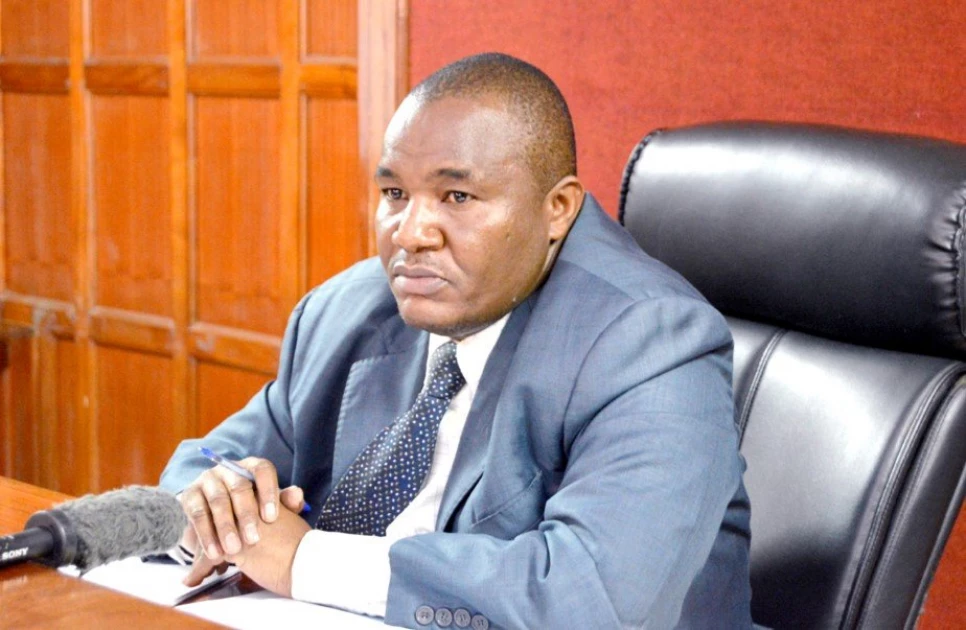By TWV Team
Nairobi Governor Johnson Sakaja’s much-publicized Green Army Project is under intense scrutiny. A petition filed in court accuses the county-led initiative of subjecting young workers to exploitative and unlawful conditions, described as “modern-day slavery.”
The project, hailed by City Hall as a bold solution to urban unemployment and environmental degradation, was designed to offer jobs for thousands of youths in cleaning and greening the city. However, according to petitioners Dedan Rachuonyo and Felix Odiwuor, the initiative has devolved into a system of systemic abuse and labour violations.

“The Green Army Project was launched with noble intentions, but in practice, it has become a mechanism of exploitation,” reads the court petition. The duo accuse the Nairobi County Government of forcing workers to toil seven days a week, including public holidays, without rest days, leave entitlements, or proper compensation, violating the Constitution of Kenya and the Employment Act, 2007.
The petitioners claim workers are paid less than KSh 17,000 per month after deductions, below the legal minimum wage for Nairobi, and are denied basic safety and healthcare provisions, despite performing physically demanding and often hazardous tasks. “These are not jobs, they are traps,” said one affected worker who requested anonymity for fear of reprisal.
Particularly troubling is the alleged absence of formal employment contracts. Without written terms of service, thousands of Green Army workers reportedly face job insecurity, unclear duties, and a complete lack of legal protection.
In a move that could have far-reaching implications, the petitioners are seeking a court order compelling the Nairobi County Government to pay each Green Army worker KSh 50,000 per month, backdated to January 2024, including base salary, night shift allowance, and risk compensation.
The petition further demands:
- Immediate enforcement of legal working hours, including weekly rest days and annual leave;
- A clear employment structure with contracts and job security;
- An upward revision of salaries to reflect the true cost of living and job risks;
- Provision of safety gear, medical cover, and insurance in line with the Occupational Safety and Health Act (OSHA).
The petition labels the treatment of workers “a form of modern-day slavery” and urges the court to declare the current conditions unconstitutional and illegal.
Adding another layer to the unfolding saga, the petition seeks legal safeguards against the victimization of whistleblowers and demands that all 5,000 Green Army workers be compensated in line with international labour standards.
The case has sparked a national debate over the ethics of public job programs and the rights of informal workers. As it heads to court, the Green Army, once lauded as a model for youth empowerment, now faces the risk of becoming a cautionary tale about unregulated political initiatives.





